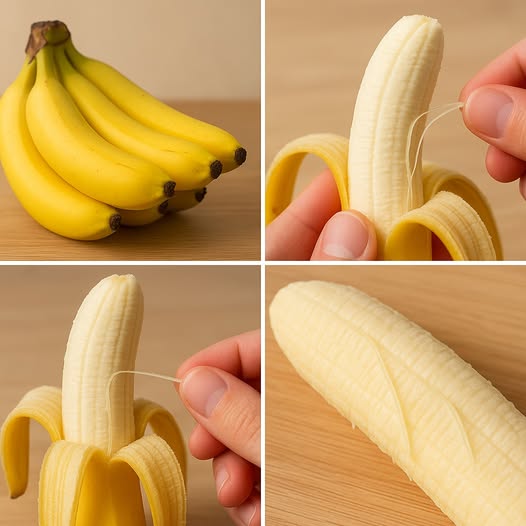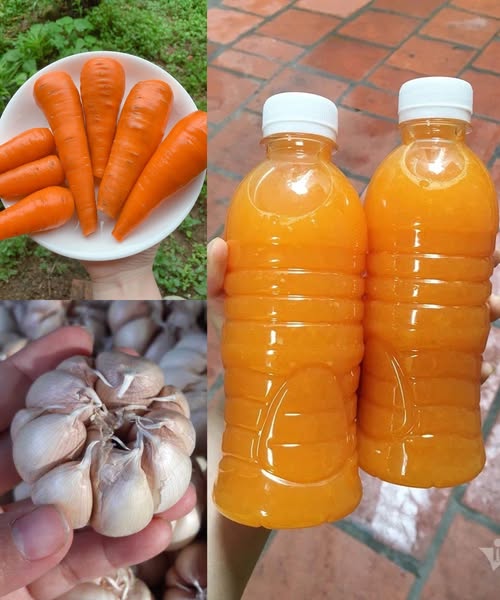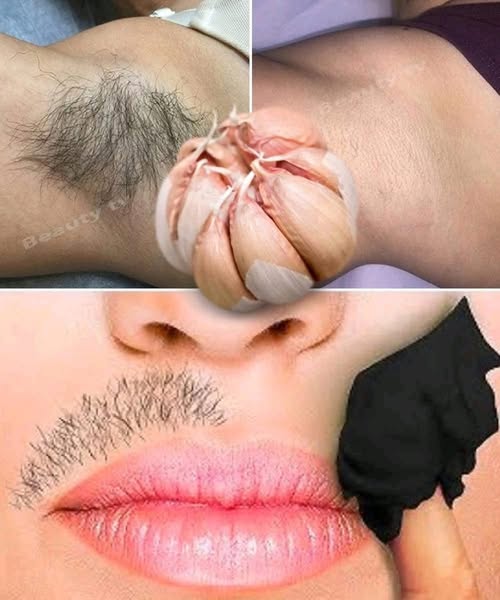Introduction: The Stringy Mystery You’ve Been Ignoring 🍌

Every time you peel a banana, those thin, fibrous strings stick stubbornly to the fruit—annoying, right? Whether you flick them off, eat them reluctantly, or avoid bananas entirely because of them, you’re not alone. Millions of people around the world wonder, “Why do bananas have those tiny strings?” The truth is: those strings have a fascinating biological purpose and surprising health benefits.
In this in-depth blog post, we’ll unveil the real reason behind these banana strings, scientifically known as “phloem bundles.” You’ll not only understand what they are and why they’re there, but also learn why they’re actually good for you, how they impact banana development, and whether you should eat or remove them. By the end, you’ll never look at a banana the same way again.
Let’s peel back the mystery—literally and figuratively.
What Are Banana Strings Called?
The strings you find clinging to your banana are called phloem bundles.
✅ Phloem is part of the plant’s vascular system responsible for transporting nutrients throughout the fruit.
These bundles serve a vital role during banana growth, ensuring the distribution of nutrients like sugars, vitamins, and minerals as the fruit matures. They are similar to veins in our body, playing a critical role in internal transport.
Why Do Bananas Have Strings in the First Place?
The presence of banana strings isn’t a design flaw—it’s an evolutionary feature. Here’s why:
- Nutrient Transport System:
Phloem bundles carry essential nutrients from the banana plant to the growing fruit. Without them, the banana couldn’t develop properly. - Support Structure:
These strings help support the structure of the banana during its formation, ensuring even ripening and distribution of sugars. - Natural Indicator of Ripeness:
Sometimes, stringier bananas indicate a more naturally ripened fruit. Overprocessed or artificially ripened bananas may lack visible phloem bundles.
Are Banana Strings Safe to Eat?
Absolutely! In fact, banana strings might be healthier than you think.
✅ Nutritional Facts About Phloem Bundles:
- Rich in Fiber: Promotes digestive health.
- Contains Potassium and Magnesium: Supports heart and muscle function.
- Packed with Phytochemicals: Offers antioxidant benefits.
💡Tip: Instead of removing the strings, incorporate them into smoothies or banana bread to maximize nutrient intake.
Do All Bananas Have Strings?
Yes, every banana contains phloem bundles, although their visibility and texture may vary depending on:
- Ripeness: Riper bananas often have less noticeable strings.
- Banana Variety: Cavendish bananas (the most common) tend to show strings more prominently.
- Storage Method: Refrigerated or bruised bananas can cause string separation.
5 Myths About Banana Strings—Busted!
Let’s separate the myths from the truth.
| Myth | Reality |
|---|---|
| Banana strings are harmful | ❌ They’re completely safe and nutritious |
| Only unripe bananas have strings | ❌ Strings are present at all stages |
| Strings are a result of pesticides | ❌ They are part of the natural plant anatomy |
| Removing them makes bananas healthier | ❌ Removing them actually reduces fiber intake |
| Strings mean a bad banana | ❌ Strings often signal a well-ripened, natural banana |
Can Banana Companies Remove the Strings?
This question comes up often—and the answer is tricky.
While scientists have experimented with genetically modifying bananas to reduce or eliminate phloem bundles, doing so could compromise the nutritional delivery system inside the fruit.
❗ Removing banana strings completely would disrupt the banana’s natural growth process and reduce overall fruit quality.
For now, banana strings are here to stay—and for good reason.
How to Reduce the “Stringy” Experience While Eating a Banana
If the texture of banana strings turns you off, here are a few actionable tips:
✅ Peeling Technique Matters
Peel the banana from the bottom (like monkeys do!)—this technique naturally removes more of the phloem bundles during peeling.
✅ Try Slicing Instead of Biting
Cut bananas into pieces. The phloem bundles break apart more easily, reducing the stringy texture in each bite.
✅ Blend It!
Add bananas (with the strings!) into:
- Smoothies
- Banana pancakes
- Muffins or bread
Blending masks the texture while preserving the fiber, minerals, and antioxidants.
The Secret Banana Strings and Their Health Impact
You may be throwing away a part of the banana that provides major health boosts.
🔬 Scientific Insight:
A 2020 study from the Journal of Plant Nutrition and Physiology highlights how phloem bundles help regulate sugar flow, aiding in optimal fruit sweetness and nutritional density.
🧠 Brain Boost:
Magnesium and Vitamin B6—present in higher concentrations in the phloem—support brain function and mood regulation.
❤️ Heart Health:
The fiber in banana strings supports cholesterol balance and heart health, lowering the risk of cardiovascular disease.
Banana Strings vs. Peel: Which Has More Nutritional Value?
While banana peels are gaining popularity as a superfood in certain cultures, banana strings hold their own when it comes to nutrition:
| Component | Rich in Fiber | Contains Antioxidants | Easy to Consume | Digestive Aid |
|---|---|---|---|---|
| Banana Peel | ✅✅ | ✅✅✅ | ❌ (needs prep) | ✅✅ |
| Phloem Bundles | ✅✅✅ | ✅✅ | ✅✅✅ | ✅✅✅✅ |
📝 Bottom Line: Banana strings are nature’s nutritional bonus—don’t toss them!
Frequently Asked Questions (FAQs)
❓Do banana strings cause allergies?
No. Banana allergies are rare and usually related to latex-fruit syndrome, not to the phloem bundles.
❓Are banana strings the same as veins?
Yes, in a way. Just like veins in humans, banana strings (phloem) transport nutrients throughout the fruit.
❓Why are the strings more prominent in some bananas?
This depends on ripeness, banana type, and how it was harvested.
❓Can you cook with banana strings?
Yes. Add them to banana-based recipes like banana pancakes or muffins. They blend in without altering taste.
The Final Peel: Why You Should Appreciate Banana Strings
Banana strings may seem like a minor annoyance, but now you know—they’re far from useless. From supporting the fruit’s development to boosting your health, these tiny threads pack a powerful punch.
Here’s what you’ve learned:
- Banana strings are phloem bundles—part of the plant’s vascular system.
- They are essential for banana development and nutrition transport.
- They are safe and highly nutritious.
- You can blend, bake, or eat them as-is to get full health benefits.
- Don’t be fooled by myths—they’re not a defect but a feature.
Conclusion: The Big Takeaway
Bananas are already considered a superfruit—and now you have one more reason to love them. Phloem bundles, aka banana strings, are nature’s built-in fiber and nutrient delivery system. Rather than flicking them off, embrace them as part of your wellness routine.
Next time you peel a banana, remember: what once seemed like an inconvenience is actually a natural marvel, contributing to your health and the banana’s biology.
🍌 Banana strings: tiny but mighty, and totally worth keeping.


